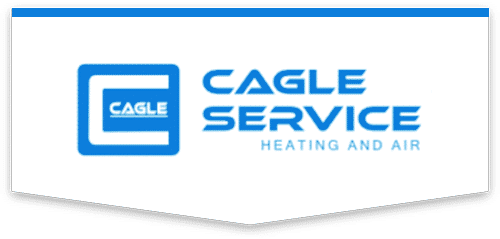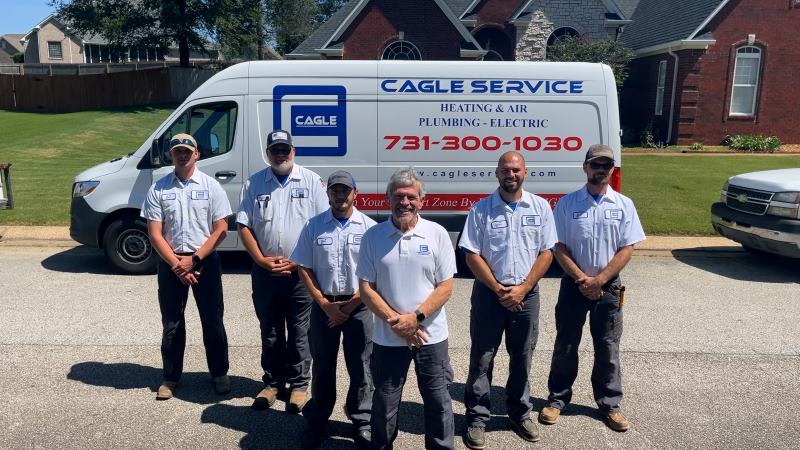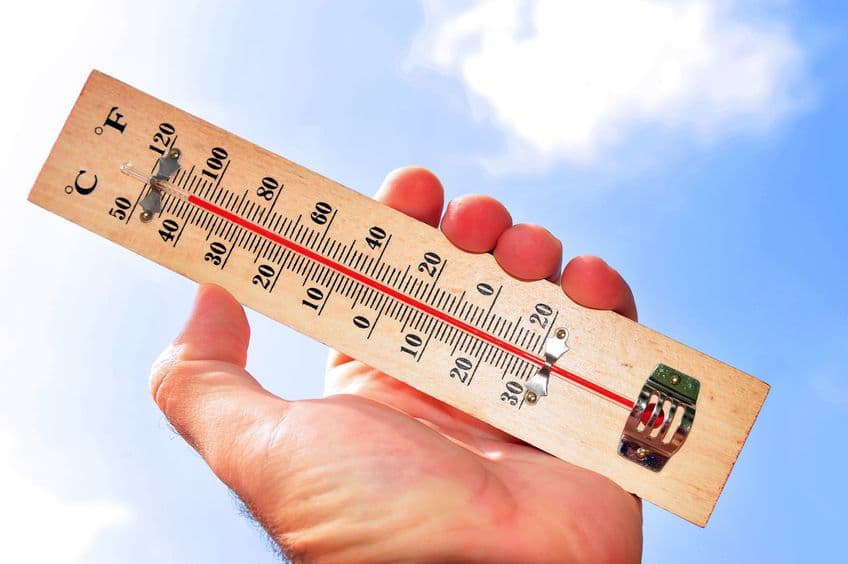When temperatures rise most will notice the HVAC unit not cooling as well as they would like it to. Sometimes this could be signs of an issue with the HVAC unit, but a lot of times its simply due to the outdoor temps and humidity.
If the outside temperature reaches 95 or higher, the unit is running at maximum efficiency. This will normally put the indoor air at a temperature somewhere between 76-80 degrees. This is not usually a comfortable temperature for inside the home, and first reaction is to try and lower the temperature on the thermostat to try and cool the home quicker. This will not help. It will make your unit continuously run without seeing a temperature change. Running it continuously will dramatically increase your energy bill.
Some people are under the impression “BIGGER IS BETTER“. This is not the case when it comes to HVAC units. While yes, a bigger unit will cool the area down faster, but not efficiently. Buying a bigger unit means it will cool the area too fast leaving moisture in the air. Check out another one of our blog posts discussing all the disadvantages of buying a wrong sized unit.
All air conditioners are designed to remove the moisture from the air, but when humidity levels spike, most systems cannot keep up. This will make your home feel warmer than you would like and also take more money out of your pocket. Warm summer air holds more moisture so the humidity is naturally higher. Here are a few signs you may have a high indoor humidity problem:
- The air feels wet. You make even have a clammy feel to your skin.
- An “old house” smell. The excessive humidity causes dampness and can eventually lead to an “old”, stale air, or musty smell.
- Foggy windows will occur when the humidity becomes trapped in the home.
Unfortunately there isn’t much you can do about humidity or how it makes your unit work harder. Always make sure you have a preventative maintenance plan and you are changing your air filters regularly. Humidifiers and dehumidifiers can be used but the cost of the equipment coupled with the electric cost to run them will offset any improvements you feel with the home’s temperature. The best option when it comes to combating humidity would be getting the most energy efficient HVAC system with the right SEER for the size of your home and for the region you live in.
As always, thank you for taking the time to read our blog posts. If you have any questions or comments please feel free to leave them below or give us a call at 731-300-1030. We, at Cagle Service Heating and Air, look forward to hearing from you!



